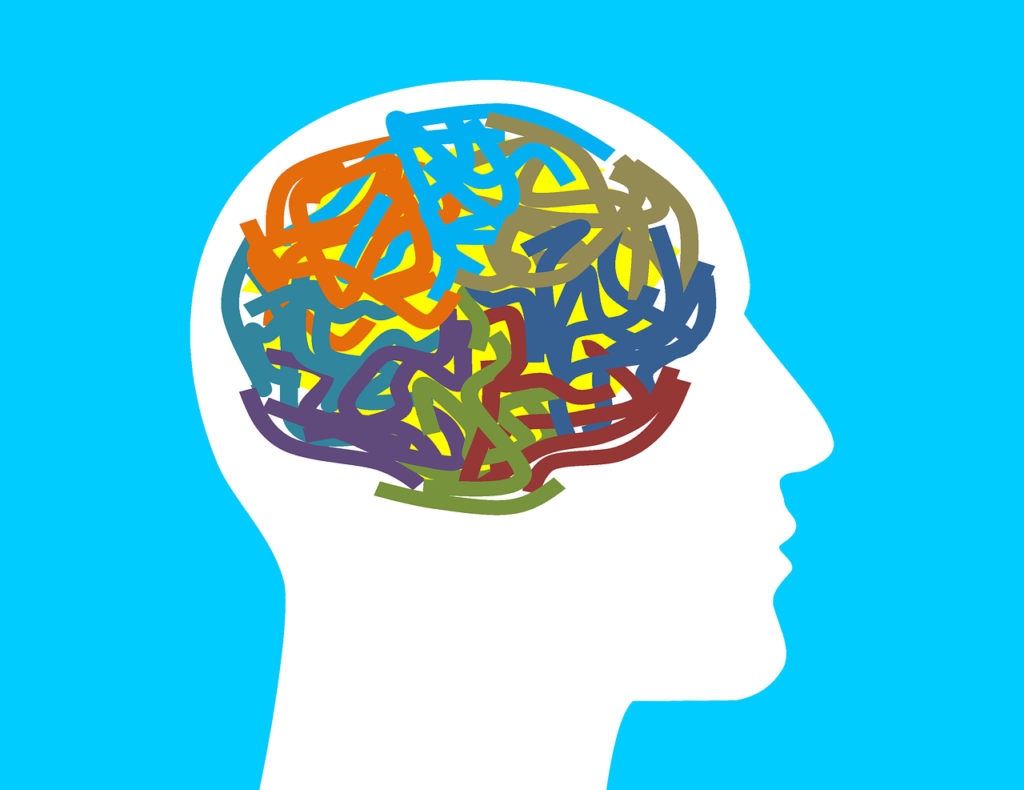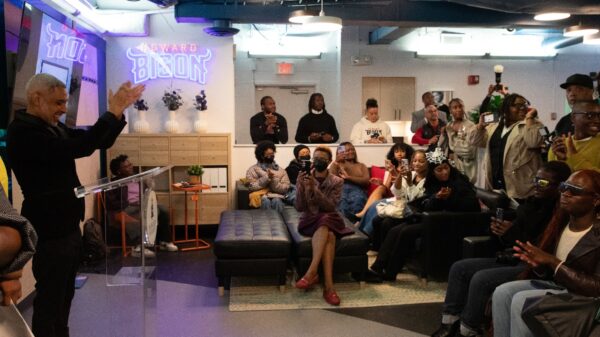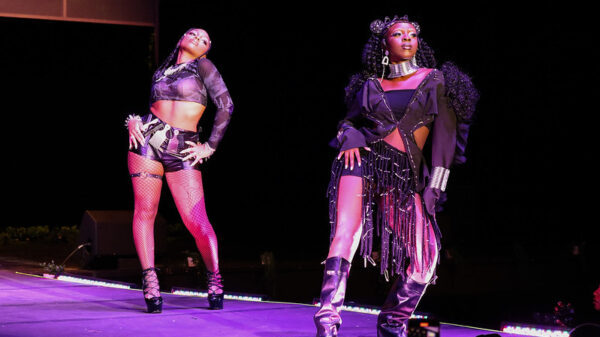
Protests, floods, cyber-attacks, bomb threats, COVID-19. The unanticipated events that have made headlines throughout the school year have perhaps made residual impacts on the mental well-being of Howard community members. The Hilltop examined the extent to which the stability of students’ mental health has been challenged.
The CDC reported that anxiety and depression amongst adults had increased 5.1 percent from August, 2020, to early 2021. Mental Health of America reported that 15.08 percent of youth, aged 12-17, reported having major depressive episodes. Evidence suggests that mental disorders have significantly spiked in frequency as students nationwide cope with the COVID-19 era.
As Howard’s Director of Sports and Medicine Athletics Lyson Willis said, “If you’re a sophomore, you dealt with the COVID year. If you’re a freshman, you lost your senior year due to COVID… I think the mental aspect of all of this is affecting you guys, and I’m surprised a lot of you are standing and pushing through and persevering because that is a lot to deal with at the age of 17, 18, 19, 20.”
In addition to the COVID-19 environment, students on campus have been experiencing numerous other stress-inducing occurrences.
“You got to campus this year; you had a cyber-attack, you had an insurrection last year, now we have repetitive bomb threats. The heightened state that this country is in feels like we’re always on the verge of having a civil war, civil unrest,” Willis said.
Dr. Marcus Hummings, interim executive director of HU Counseling Services, said that, “With global issues, with current political issues, with current societal issues in this country and from recent events on this campus, everybody’s focus on mental health is becoming more and more important.”
Due to heightened focus on mental health, there is a severe imbalance of access to social workers, counselors and therapists because of the number of people reaching out to them at once. In the United States, there are 30 therapists for every 100,000 people. According to Hummings, in the private sector, it can take two to three months to be able to see a counselor.
HU Counseling Services try to see students within five to six business days of a request. The services are responsible for undergraduates and graduate students. They have five licensed psychologists, three licensed-eligible psychologists who are licensed just in D.C., one full-time clinician and two part-time clinicians. Therefore, there are nine staff members who serve over 10,000 students.
Despite the apparent disparity in the counseling staff to student ratio, Howard’s counseling services are working to acknowledge and adhere to students’ needs and concerns.
“We know the field that we’ve chosen, and we take it seriously,” Dr. Stacey Jackson-Lampley, chief psychologist and director of clinical services, said.
However, no matter how seriously they take it, the disparity has counselors and therapists scrambling to provide their services.
Hummings suggests that HU Counseling Services “would benefit from additional staff members and additional resources” and with that, “we’d be better able to meet the mental health needs of the student population.”
“In a workday, things may become overwhelming, certainly,” Jackson-Lampley said.
To be overwhelmed, though, is almost exactly what Dr. Kelechi Fluitt expects. She is the director of outreach at HU Counseling Services.
“The amount of students to the amount of clinicians will never match up,” Dr. Fluitt said. “It doesn’t matter if you go to a Duke or a Harvard, whatever the case may be – this is the field of mental health.”
Like other students across the nation, Howard students have to balance their academics, social lives and mental health, but Howard students also have had to cope with the on-campus obstacles.
Nagea Kirkley, 20, is a junior from Atlanta, Georgia. She is one of many students on campus who was affected by two of the major infamous events in the beginning of the school year: the cybersecurity attack and the Blackburn protest.
The cyber attack was the beginning of what she recalls to be a downward spiral of her mental health.
“The cyber attack really put a damper on things because it made me get behind in my schoolwork and once the internet got back up I was so behind in my schoolwork that I felt like I couldn’t catch up. It stressed me out to the point where I had to reach out to the counseling center about anxiety,” Kirkley said.
Just a few weeks later, the Blackburn protests began as students protested living conditions and student representation among other things.
The experience for Kirkley “was like a bummer,” she described. “You couldn’t go anywhere without hearing some type of problem or complaint, and when you’re surrounded by a lot of negativity, all you can think about is negativity.”
Sophomore Jeremy Russ, 19, from Durham, North Carolina, described the difficulties with learning in the COVID-19 environment. His classes were entirely virtual during the first semester. This semester, he has four in-person classes and two online.
“It is kind of stressful staring at a screen all day. It is nicer having classes in person; it actually forces me to learn a little bit better.” he shared.
On the other hand, Russ explained that in combination with the events at Howard, social media has played a crucial role in desensitization.
He has said that “as a generation, we’re kinda losing that value we have on life and how precious life is…because it just feels like you always see negative things and lives being lost.” Despite a major goal of social media being to spread awareness about subjects, social media also contributes to numbness and desensitization as Russ explained.
The degree of interest in HU Counseling Services varies throughout the year. According to Hummings, the services usually see a spike in interest at the beginning, middle and end of the semesters.
He explained how the services have about 20-30 initial intakes per week and see over 200 clinical encounters per week. Initial intakes are the initial interviews with a student to understand what they want to work on or what they want to get from treatment. Clinical encounters are individual or group sessions, crisis interventions, same-day appointments or phone calls with students or professionals related to the students’ treatment.
Hummings said, “We often see increases in the number of students seeking services during and following sociopolitical or social justice events in the country,” and that, “events such as bomb threats increase the overall anxiety, depression, and mental wellness amongst the students.”
HU Counseling Services is not the only resource available for students to utilize.
Mental Health Resources in D.C.
Capital Therapy Project — 1350 Connecticut Ave NW #825, Washington, DC 20036
The DC Center for the LGBT Community — 2000 14th St NW #105, Washington, DC 20009
Strength In Our Voices — 800 P St NW, Washington, DC 20001
The Women’s Center — 1025 Vermont Ave NW #310, Washington, DC 20005
Depression and Bipolar Support Alliance
Department of Behavioral Health — 64 New York Ave NE, Washington, DC 20002
Copy edited by Jasper Smith









